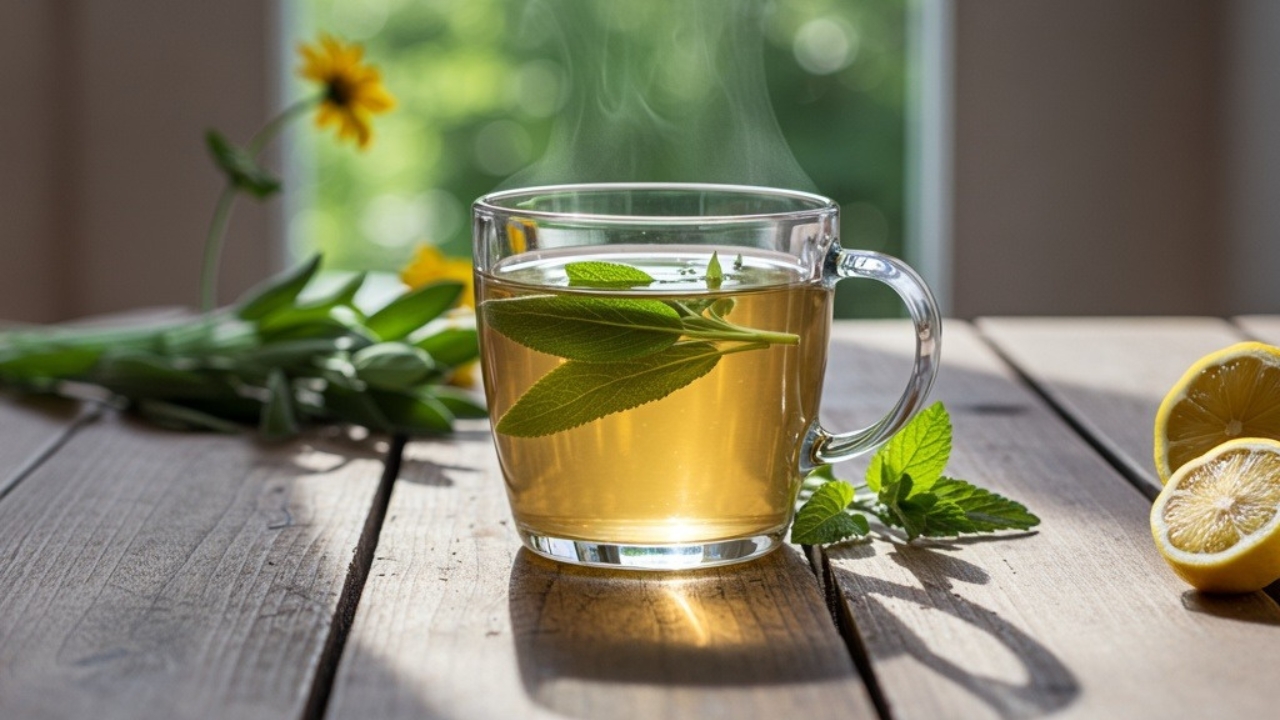
The Future of Sage and Lemon Balm: Pure, Contaminant-Free Botanicals with Plant Cell Culture
Plant cell sage and lemon balm are a natural way to support stress relief and cognitive health benefits. Used in traditional medicine for centuries, sage and lemon balm are recognized as both nootropics and adaptogens. They are popular ingredients in functional foods, supplements, and wellness products. However, conventional supply chains for sage and lemon balm face challenges ranging from climate variability to contamination risks. Plant cell cultivation provides a high-quality alternative, ensuring the benefits of these botanicals without supply chain uncertainties.
What Are Adaptogens and Nootropics?
Adaptogenic botanicals help the body resist physical, chemical, and biological challenges by modulating the stress response and promoting homeostasis. Nootropics support cognitive function by improving memory, focus, and overall brain health. Some botanicals, including sage and lemon balm, serve as both adaptogens and nootropics. Dual–role nootropic and adaptogenic botanicals can enhance mental and physiological well-being.
Sage and Lemon Balm: Cognitive and Stress Relief Powerhouses
Both sage (Salvia officinalis) and lemon balm (Melissa officinalis) have a deep history in herbal medicine. Ancient civilizations, from the Greeks to medieval European healers, prized these herbs for memory enhancement, stress reduction, and longevity support.
Sage as an Adaptogen and Nootropic
- Sage is rich in rosmarinic acid and polyphenols, providing antioxidant benefits, reducing oxidative stress, and supporting healthy inflammation levels.
- Research links sage to improved memory and cognitive function with potential benefits for neurodegenerative conditions.
- As an adaptogen, sage helps the body manage stress by supporting healthy cortisol levels and enhancing neurotransmitter activity.
Lemon Balm as an Adaptogen and Nootropic
- Lemon balm, renowned for its calming effects, reduces anxiety and promotes relaxation without causing drowsiness.
- Like sage, lemon balm contains bioactive compounds such as rosmarinic acid and flavonoids, which improve cognitive performance and mood regulation.
- Lemon balm’s adaptogenic properties help balance the nervous system by modulating the stress response.
The Plant Cell Culture Solution: Pure, Potent, and Sustainable Botanicals
Ayana Bio’s plant cell cultivation technology transforms sage and lemon balm sourcing. It ensures a pure, consistent, sustainable supply of these powerful botanicals.
- Guaranteed Purity: Botanicals produced using plant cell cultivation technology are free from environmental toxins, heavy metals, and pesticides.
- Standardized Bioactive Content: Controlled cultivation optimizes levels of key compounds like rosmarinic acid, polyphenols, and flavonoids.
- Scalability & Sustainability: Unlike traditional agriculture, plant cell cultivation requires minimal land and water, reducing environmental impact.
- Year-Round Availability: Untethered to seasonal harvests, plant cell culture technology ensures a stable supply for nutraceutical and functional food applications.
The Future of Sage and Lemon Balm
Sage and lemon balm are well-established in the wellness industry as powerful adaptogens and nootropics. They support cognitive health and stress resilience. However, conventional sourcing challenges threaten their consistency and sustainability. Plant cell sage and lemon balm offer high-quality, reliable, and eco-friendly solutions for these sought-after botanical ingredients. With plant cell sage and lemon balm, formulators can create scientifically backed wellness products that meet the growing demand for pure, functional botanicals.
 BACK
BACK